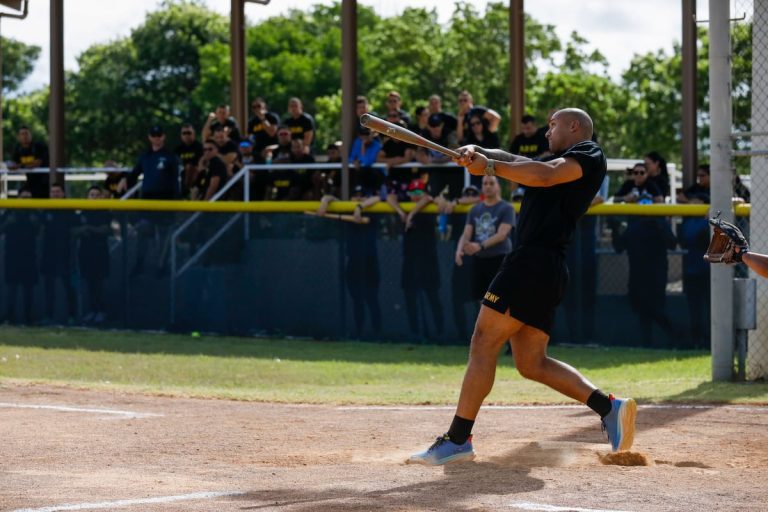There were many expressions and figures of speech that surprised me when I first arrived at Cadet Basic Training (CBT) at West Point. Coming from a family that hadn’t had any members serve in the military since World War II, much of the culture of the military was completely shocking to me. I’ve never heard so many acronyms used in one sentence, and I’m still figuring out a few acronyms on the Concept of Operations (CONOPS) template.
Over the past year, I have greatly enjoyed many aspects of military culture. Being called a fighter is always a highlight of my day, and overall I feel a much greater sense of connection with my peers than ever before. However, one aspect of military culture proves problematic: the omnipresence of sports metaphors when talking about complex situations.
From my perspective, the military seems to rely excessively on sports metaphors to simplify complex ideas. I’ve seen how these metaphors help break down jargon-heavy ideas, but I worry that they also contribute to an oversimplification of the realities of war.
I have tremendous respect for the Army and appreciate our efforts to communicate effectively. I hope to contribute to the growth of our organization by sharing my observations as a new member of the Army.
During CBT, I heard more times than I can count phrases like “This mission is going to be a home run,” “We’re in the bottom of the ninth,” or “Keep pushing; We are on the 5 meter line.
These kinds of expressions make ideas much easier to understand, especially here at West Point. where sport is very important to our culture. Followers understand what their leader is trying to say when the idea is expressed in terms of situations familiar to any sports fan. However, these metaphors risk creating a serious problem within our officer corps. We cannot expect the enemy to follow our rules and expectations.
In sport, the playing field is well defined. There is a clear way to score points, and each achievement on the field gives a team a specific number of points. The game starts and ends at a set time. Everyone has a role to play on the team, and it’s rare that a player is pushed into a position they aren’t prepared for.
War does not respect our rules. The global war on terror has continually challenged the military’s expectations, forcing it to reevaluate its assumptions. Even if we think the game is over, the enemy can still play, but on different terrain. For example, after the US army captured Baghdad, the war should have ended by conventional standards, but a whole new conflict began.
When you play a soccer game, you don’t need to think about how the way you score points can affect how the other team treats you after the game. If you go out of bounds, officials pause the game. However, in war there is no break. There is no guarantee that, even if you score more points, the enemy will decide that the game is over.
Tackling this issue may seem impossible, but as officers or future officers, we can all control what we choose to say. Questioning conventional norms, even to a certain extent, can be intimidating, but it’s not a bad thing to do just because it’s a little unorthodox. It takes personal courage to try something different, but choosing the harder good over the easier bad will pay dividends. Reducing the number of simplistic metaphors in a memoir is a simple but powerful step toward both a leader’s personal development and followers’ understanding of a mission.
The Army currently has an incredible opportunity to prepare for the next great war. As the global war on terror evolves to meet new challengeswe have the opportunity to reflect on the last two decades of military operations and improve. To take full advantage of this time, we must not adopt the mentality that our enemy will play by our rules. So, during the next briefing, remember to avoid using a sports metaphor and explain the situation as it really is. As leaders, we must explain our plans clearly and precisely.
Just because it seems like we’re in the “bottom of the ninth”, how we behave now may influence how many enemy “players” show up for the next “game”. We must trust our teams to understand the realities of the operating environment without oversimplification. Clear and direct communication is not a burden on subscribers. This is a way of making our units accountable.
Cadet Luca Pass is in his first year at the United States Military Academy at West Point. He plans to double major in military history and defense and strategic studies. Originally from North Carolina, he enjoys studying conflicts in developing countries and irregular warfare. Outside of class, he is a passionate member of the Orienteering Club team, the Polish Cultural Forum and the Film Forum.


